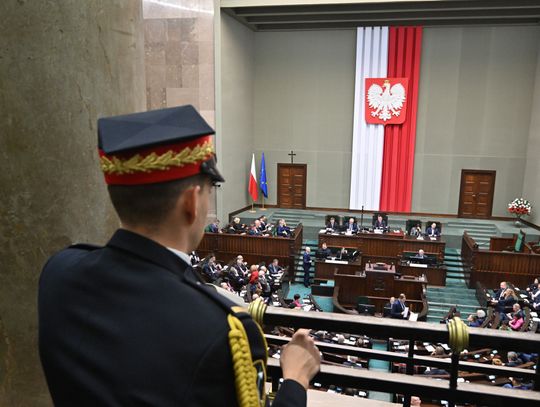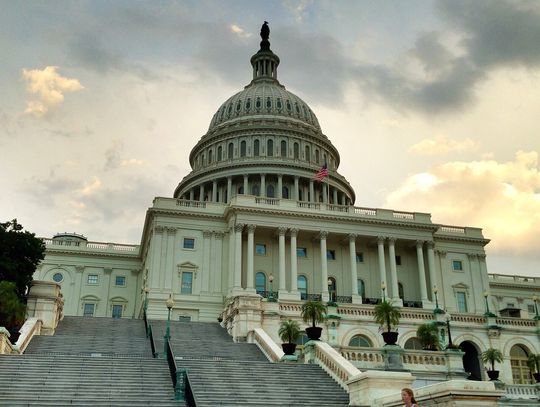Champaign, Illinois — Venture philanthropists are dramatically reshaping public education policymaking in the U.S. by funding integrated networks of think tanks and advocacy organizations that work together to push through to implementation education laws that these wealthy donors favor, a new study suggests.
This trend is concerning because these policy networks, funded by a small set of philanthropies, sometimes marginalize democratic processes and silence critics as they shepherd into law untested concepts such as parent trigger laws that may have little research evidence to back them up, according to researchers at the University of Illinois.
These venture philanthropists, also known as corporate education reformers, apply the same approaches to charitable giving that they apply to their business interests, viewing their contributions to education causes and organizations as social investments rather than as social obligations to help the less fortunate, the researchers suggest.
Not only are these donors giving at unprecedented levels, they also want to manage how their contributions are used. Their vast wealth provides the means to create, fund and mobilize the necessary resources – including media outlets and research and advocacy organizations – to influence public opinion and lawmakers, a process the researchers call “idea orchestration.”
Think tanks supported by venture philanthropists play a key role in this process by legitimizing policy ideas and acting as conduits between private interests and policymakers, according to the researchers. Oftentimes, think tanks are not producing original research but promoting a single policy solution to problems in public education.
“Traditionally, think tanks such as Rand and Brookings played roles similar to universities, functioning as knowledge producers. However, the new landscape is giving rise to new policy networks of intermediary organizations, such as the Center for Education Reform and the Network for Public Education, whose key function is to collect, package and promote – but not necessarily produce – research evidence that aligns with the agendas of their funders,” said Christopher Lubienski, the study’s lead author and a professor of education policy and director of the Forum on the Future of Public Education at Illinois.
As examples of idea orchestration, the researchers point to the Common Core Standards and parent trigger laws, which give parents legal recourse to force change on underperforming schools.
With both the Common Core Standards and parent trigger laws, the researchers found that influential supporters championed the ideas with lawmakers, funded think tanks to promote them, organized favorable media coverage and created perceptions of community support. The backing of organizations such as the parent empowerment group Parent Revolution and the Heartland Institute think tank – both of which receive funding from major philanthropies such as the Gates Foundation and the Walton Family Foundation – was instrumental in California’s passage of its parent trigger law in 2010, according to the study.
The Heartland Institute, which has fellows and affiliated faculty members at academic institutions and other think tanks, “offers the patina of scholarship” on parent trigger laws, even though “virtually no empirical evidence” exists indicating that these laws improve outcomes for students, the U. of I. researchers found.
Not only do major philanthropies such as the Gates and Walton foundations use their resources to promote remarkably similar agendas for education reform, their policy ideas are mirrored by many related for-profit organizations as well, creating an unsettling confluence of opinions on the measures that should be taken to improve public education, the researchers wrote.
“While there may be something laudable about philanthropists wielding their vast fortunes to improve schools, the emerging patterns of how they are doing this may point to some reasons for concern,” said co-author T. Jameson Brewer, the O’Leary Fellow at the Forum on the Future of Public Education. “Their reliance on business-style strategies to push an idea that was orchestrated through think tanks highlights the marginalization of democratic channels and the rise of privatized policymaking.”
Graduate student Priya Goel La Londe also was a co-author on the study, which was published in the journal The Australian Educational Researcher.
(U. of I. News Bureau)
fot.Martial Trezzini/EPA
Wealthy donors, think tanks major influences on education policy, study says
- 03/12/2016 04:58 PM
Reklama










